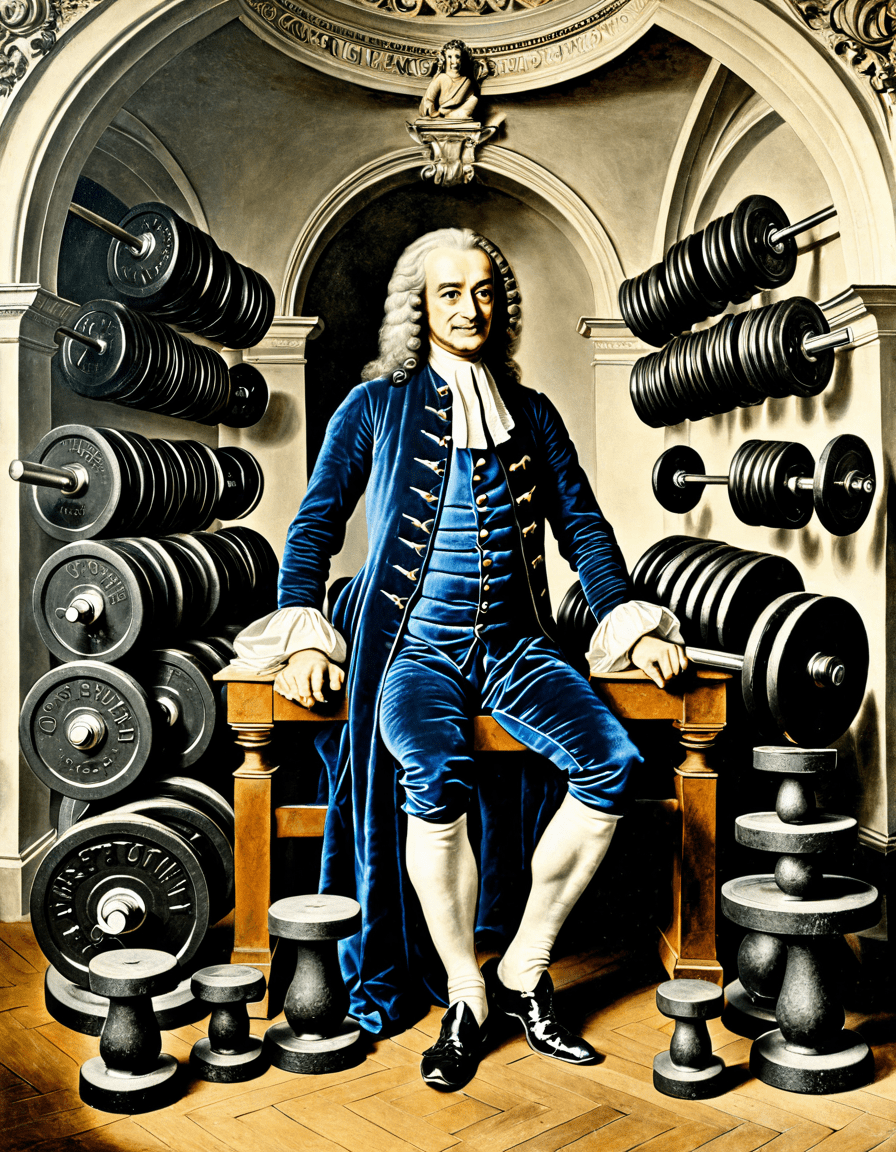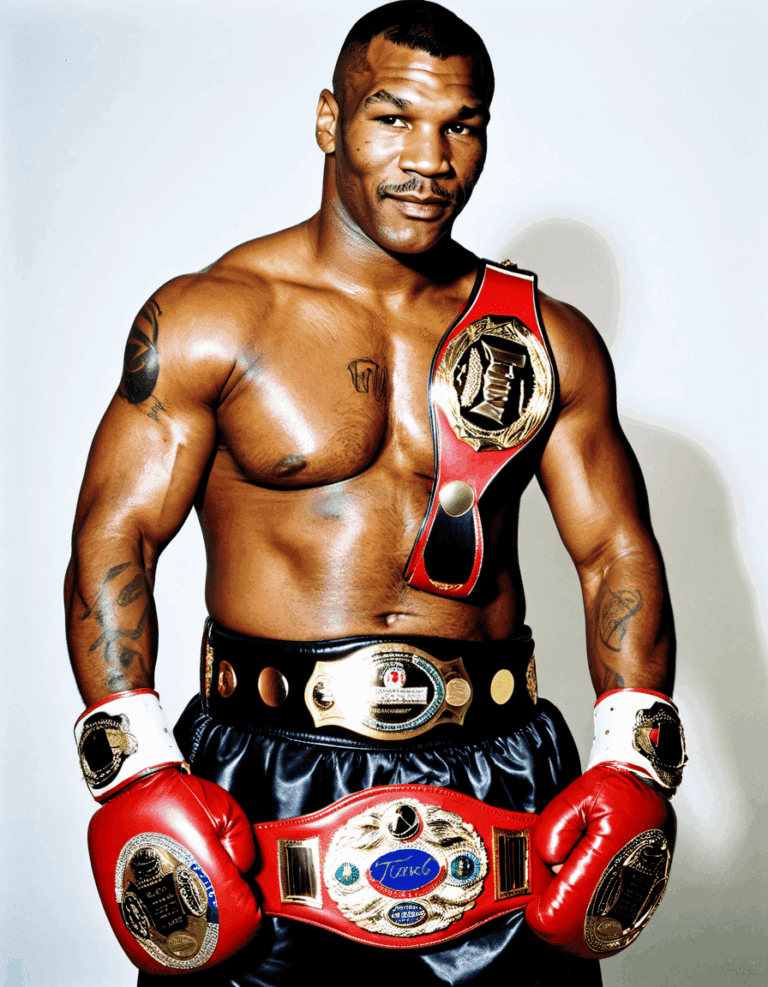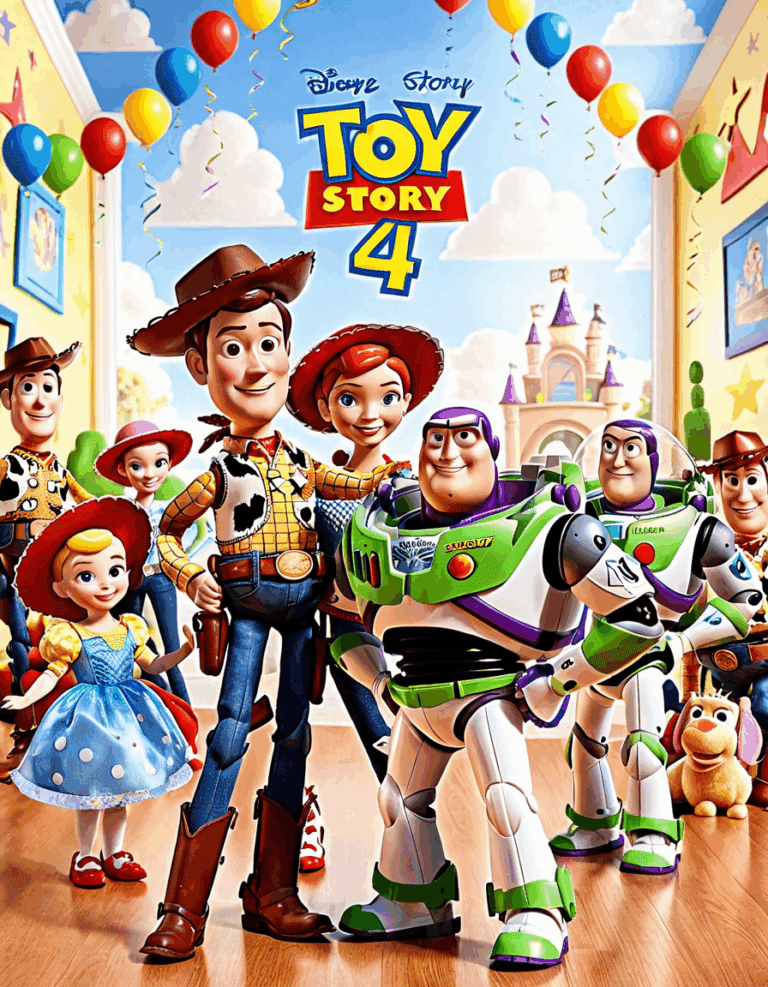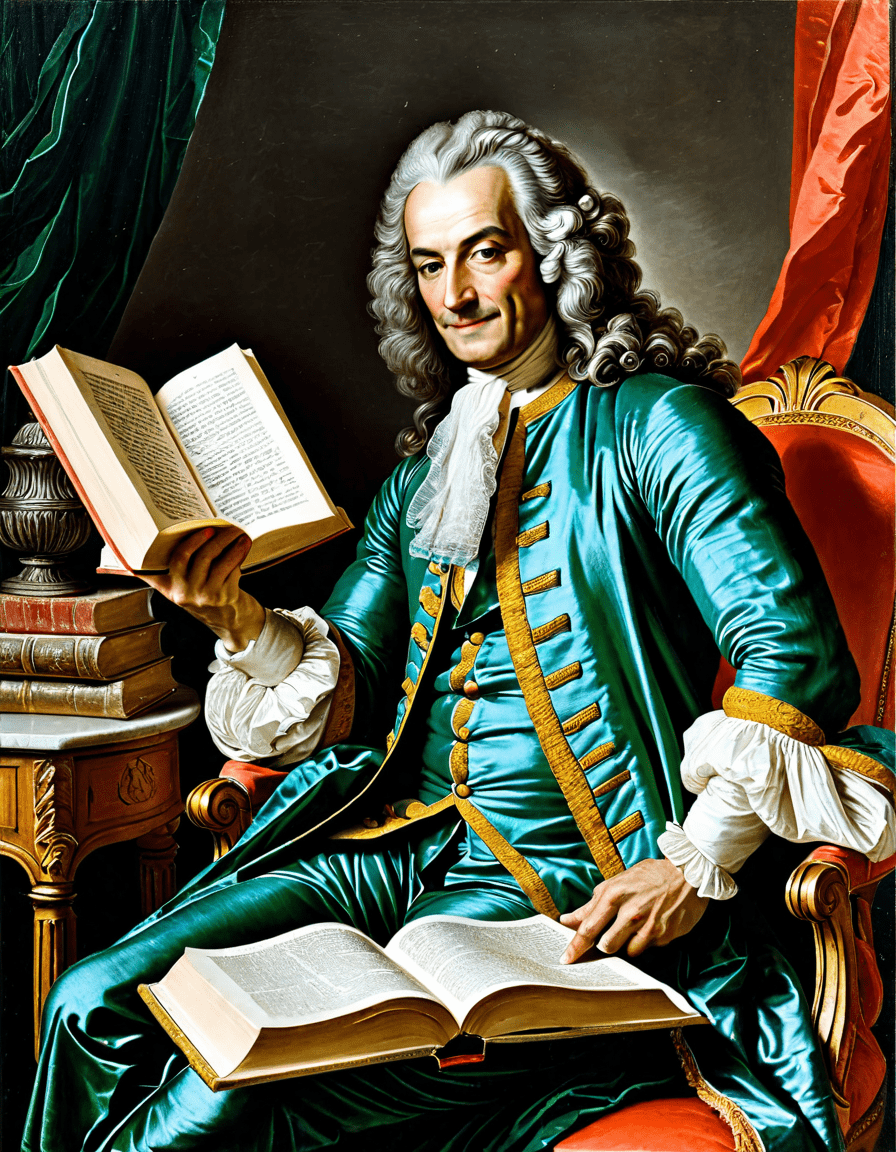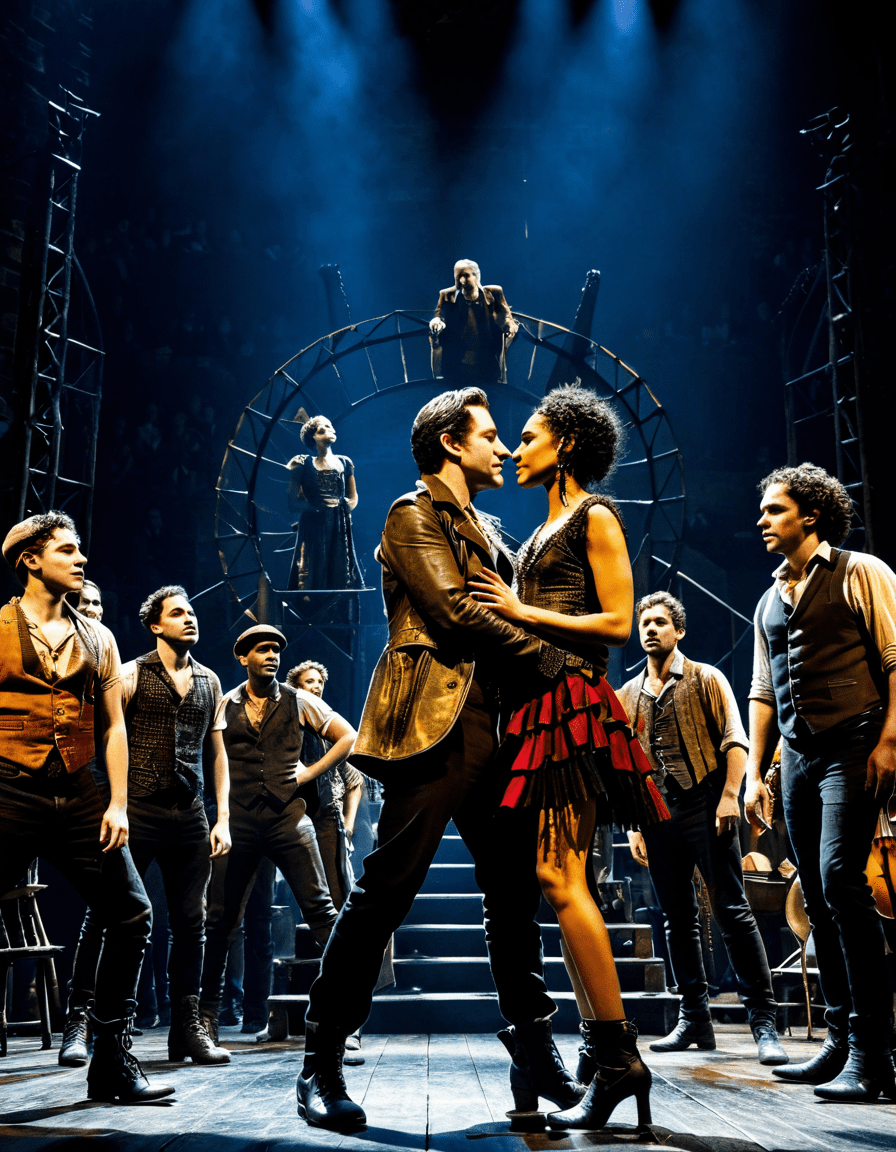Voltaire, born François-Marie Arouet in 1694, was a powerhouse of the Enlightenment. This French writer was not just a man of letters; he was a revolutionary mind who questioned everything. From organized religion to government authority, Voltaire’s wit and criticism resonated through the ages, shaking the foundations of societal norms. Through his major works, like “Candide” and “Letters on England,” he ignited a spark for free thought and freedom of expression that we still feel today. His relentless pursuit of justice and tolerance is a call to arms for anyone who values civil liberties, echoing the crucial conversations we hold in today’s media landscape—often through the lens of modern figures, including Rupert Murdoch.
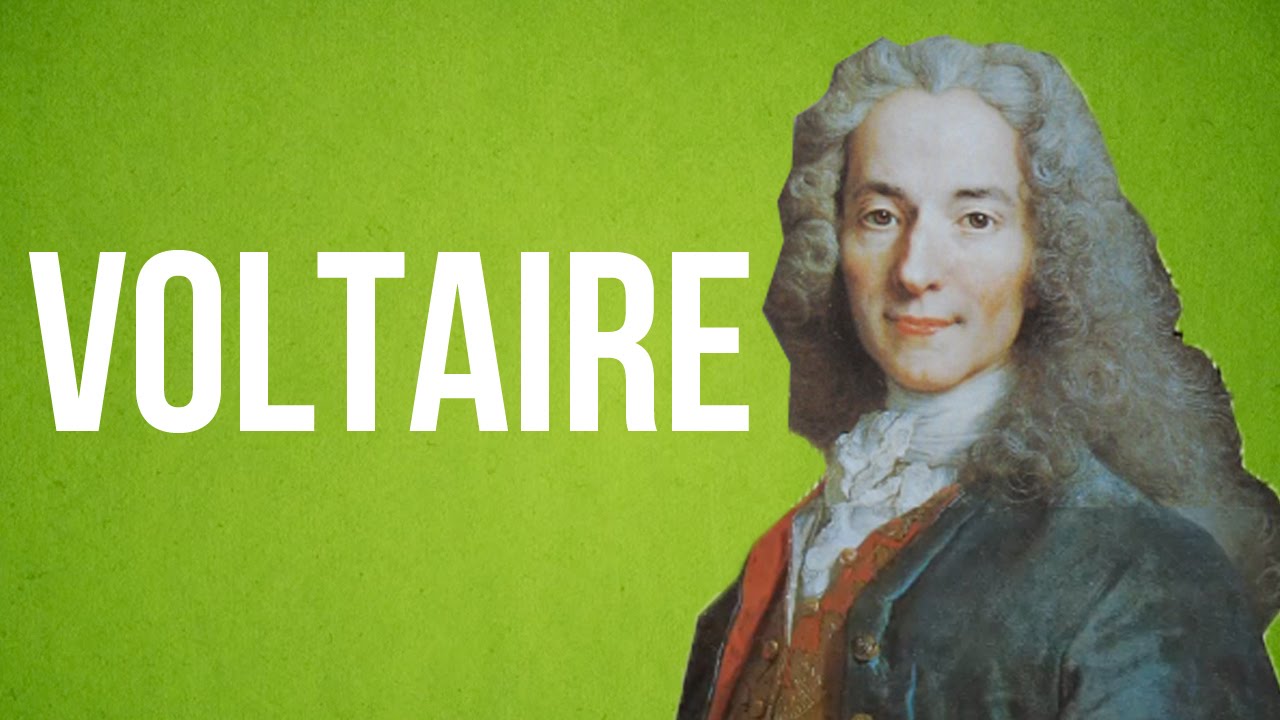
1. An Overview of Voltaire’s Life and Ideas
Voltaire had quite a ride in life, and it wasn’t always smooth sailing. Armed with a sharp intellect and an even sharper tongue, he faced exile and imprisonment for his controversial ideas. Through it all, Voltaire remained undeterred, crafting satirical critiques of optimism and dogmatism that still make people think today. He boldly challenged the accepted norms, questioning authority’s grip on the masses and advocating for the rights of individuals. His works emphasize free speech and the importance of tolerance, urging mankind to think critically about the beliefs that bind them.
Voltaire wasn’t just about critiquing; he was about inspiring change. His emphasis on rational thought laid the groundwork for dialogues that are crucial in today’s discussions around media and power. Just like a solid workout routine primes your body for peak performance, Voltaire’s philosophy primes society to reflect and evolve beyond age-old institutions. When we consider the transgressions of authority figures, Voltaire’s lessons remind us that questioning the status quo is integral to progress.
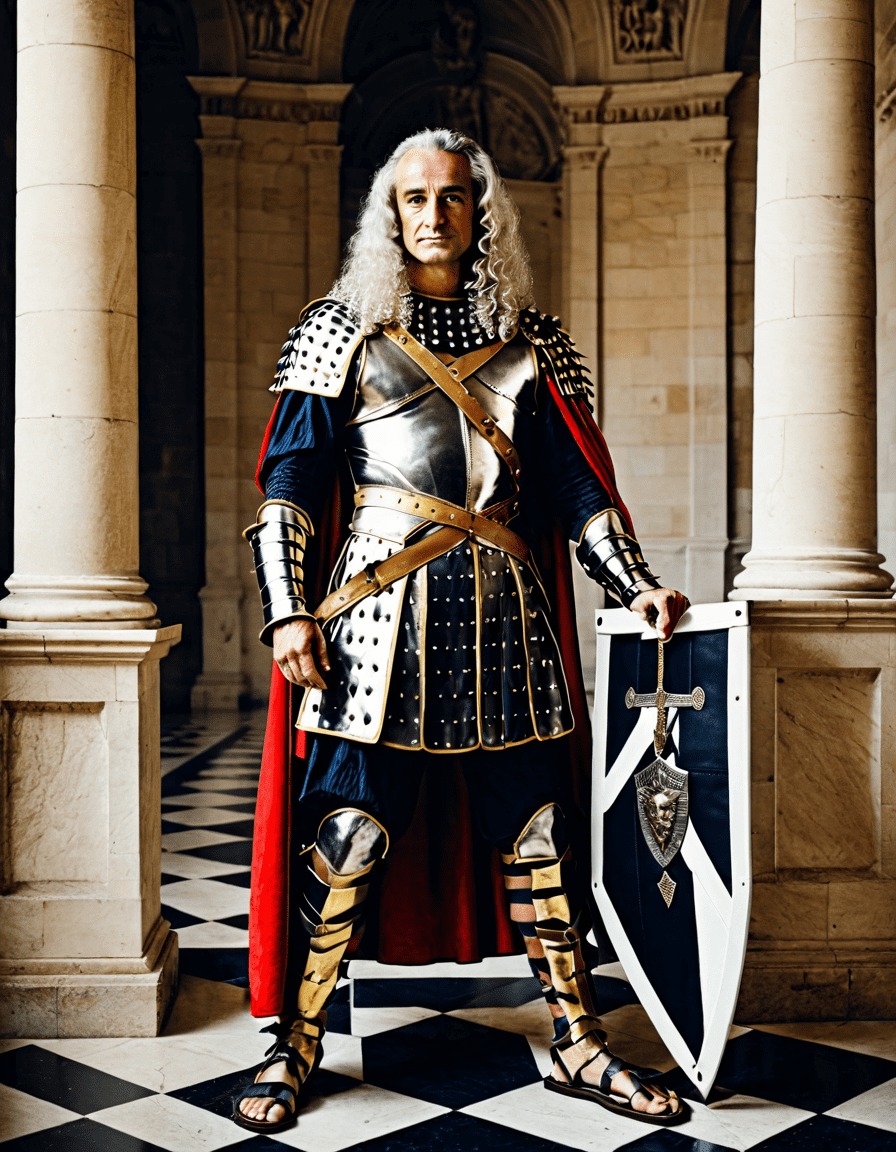
2. Top 5 Ways Voltaire’s Philosophy Echoes in Modern Media
2.1. Freedom of Expression: A Modern-Day Parallel to Rupert Murdoch
Voltaire famously advocated for the right to express opinions freely, no matter the backlash. Today, this principle resonates through the work of media moguls like Rupert Murdoch. With a considerably large media empire influencing global narratives, Murdoch embodies the double-edged sword of free speech. On one side, his outlets like Fox News and The Times promote open discourse; on the flip side, they often harness this power for profit, shaping behaviors and opinions.
This tension echoes Voltaire’s concerns about authority and thought control. When expressing beliefs, are we genuinely free, or do we circulate in a maze crafted by influencers? That’s a question to chew on. You can bet Voltaire would be leading the charge against media manipulation—reminding us to keep our critical thinking caps on and always question the motives behind the messages we consume.
2.2. Satire as a Tool for Social Critique
Think of Voltaire’s classic “Candide.” Its hilarious yet harsh satire holds a mirror to the absurdities of life. Fast forward to today, and contemporary formats like “Saturday Night Live” and The Onion do the same, poking fun at authority and cultural norms while igniting conversations. These platforms employ humor as a weapon against oppression and misinformation, a tactic Voltaire would surely endorse.
When laughter is connected to critique, it invites everyone into the discussion. This engagement creates a culture where reflection becomes natural. So, if you find yourself chuckling at a political sketch, remember—you’re participating in an age-old tradition of questioning authority through humor.
2.3. Religious Critique and Tolerance: Lessons for Today’s Society
Voltaire’s skepticism toward organized religion rings true even today. His advocacy for pluralism and tolerance ahead of his time is now crucial as debates surrounding religion in public life continue to blow up. Think about the coverage instances in Murdoch’s networks: discussions on morality and ethics often surface in relation to secularism.
The tension between faith and societal values remains relevant. As we wrestle with these discussions, Voltaire’s legacy compels us to embrace respect for differing beliefs while maintaining a faithful grip on reason. This balance is what helps societies thrive, and it’s a lesson everyone can benefit from today.
2.4. The Power of Intellectual Discourse
For Voltaire, the triumph of reason and logic over ignorance was essential. This ethos carries into the modern world through platforms such as TED Talks, which foster an environment ripe for vibrant discussions. These outlets inspire critical thinking and information sharing—echoing the enlightenment ideals Voltaire fought for.
As society faces overflowing volumes of misinformation, the need for credible discussions grows. Observing how these platforms handle tough topics showcases Voltaire’s lasting influence and reminds us that the battle for accurate information is ongoing.
2.5. Activism and Social Responsibility in Journalism
Voltaire was much more than a thinker; he was a bridge between activism and writing. His use of literature to challenge societal injustices directly relates to today’s journalists who grapple with balancing sensationalism and the ethical responsibility to report the truth. The ongoing debates surrounding Murdoch’s influence in journalism bring this challenge to light.
In a world buzzing with constant information, social responsibility in reporting is more vital than ever. Writers, just like Voltaire, must wield their pens to be agents of change. If they fail, society risks losing its way. So let’s carry that Voltaire-inspired torch into our everyday activism and stand up for the truth!
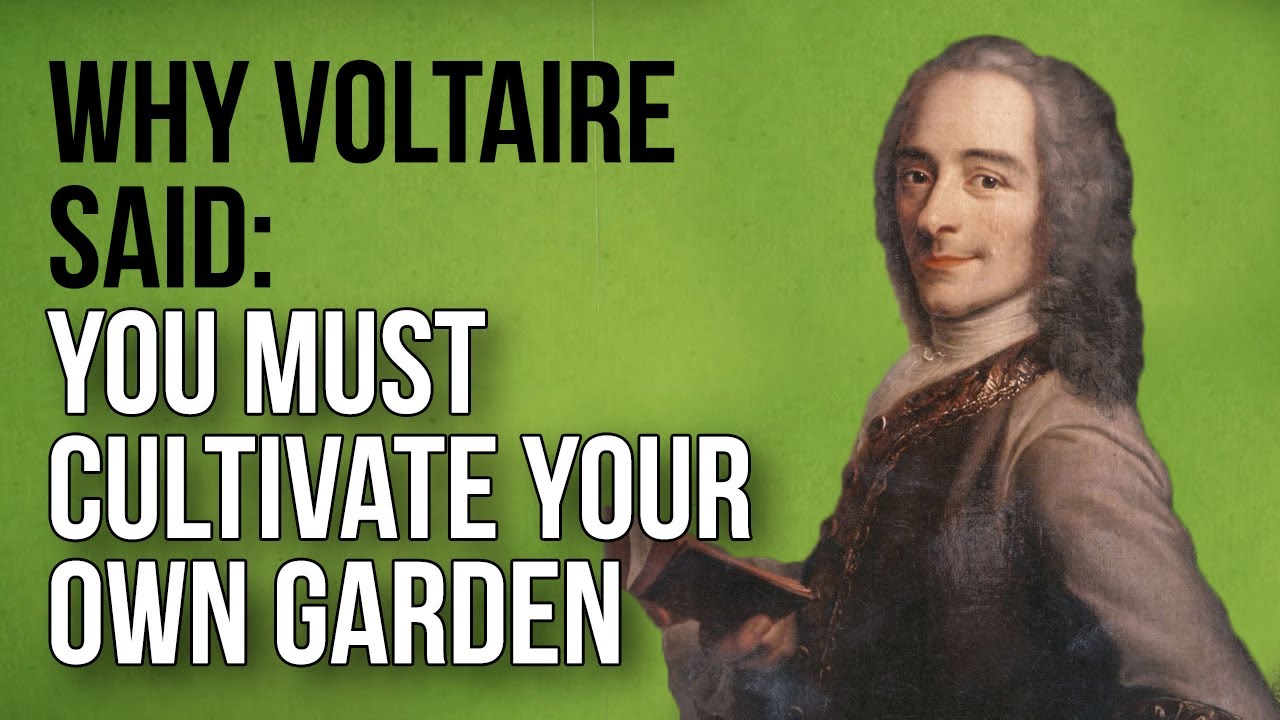
3. Legacy of Voltaire in Contemporary Thought
Voltaire’s powerful call to question established systems resonates through the halls of time, influencing contemporary thinkers and activists alike. His spirit pushes us to engage actively with political, religious, and media authorities. The ongoing clamor for accountability and transparency is in the air, showcasing that Voltaire’s inquiries are not just historical footnotes but living, breathing dialogues.
To invoke Voltaire’s legacy is to inspire action. It’s about understanding that authority, be it political or religious, is not inherently right. It’s up to us to challenge it, ensuring the conversation remains alive. This understanding brings about the change we all strive for, and it’s rooted deeply in Voltaire’s insistence on challenging the status quo.
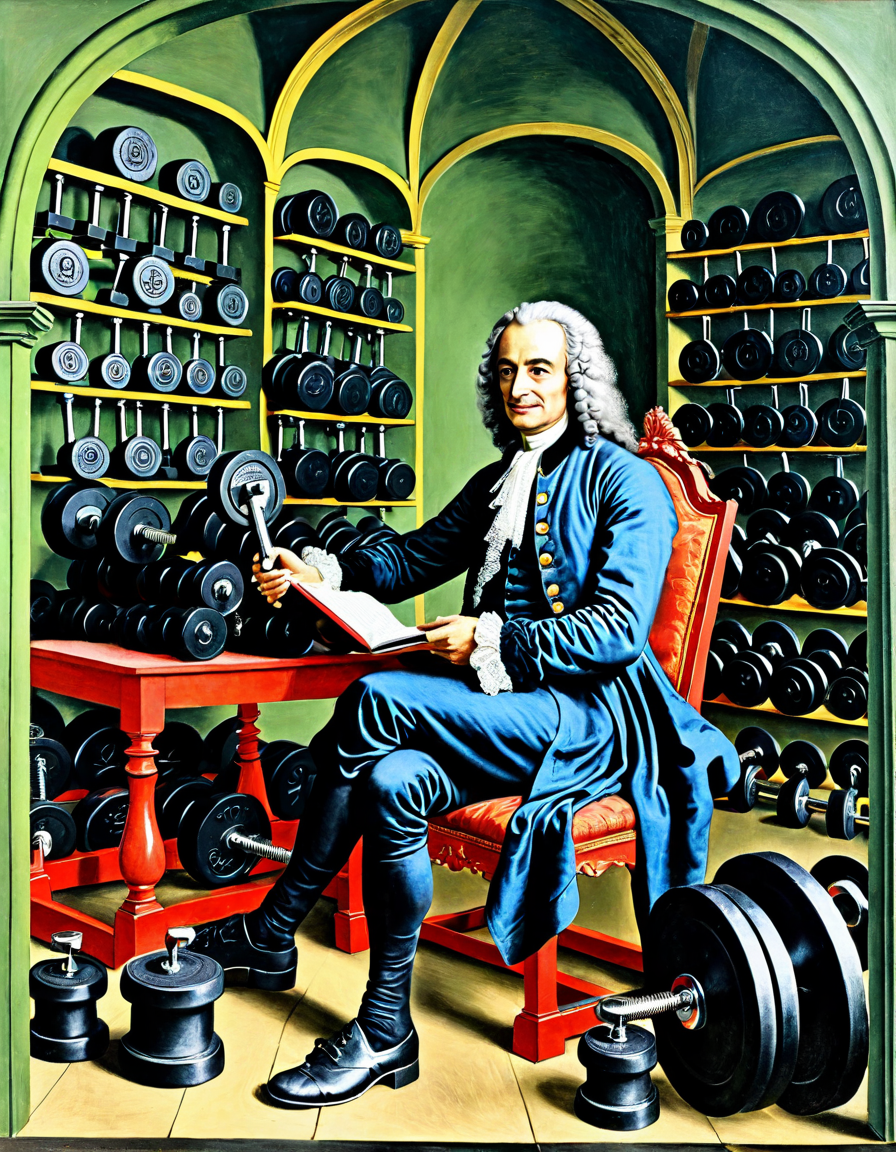
4. The Lasting Relevance of Voltaire’s Ideas
In today’s polarizing climate filled with misinformation, Voltaire’s fearless intellect stands tall as a beacon for those advocating for reasoned discussion and tolerance. His models of critique still spur movements aimed at reshaping authority in government, religion, and even media. Understanding Voltaire’s insights equips us to tackle modern challenges head-on, emphasizing the continuous need for inquiry and dissent.
Maintaining the conversation Voltaire championed is crucial today. His ideas remind us that freedom of speech, critical thought, and an unwavering spirit to question authority are not merely historical artifacts but essential ingredients for a vibrant democracy. Let’s honor Voltaire’s legacy by promoting these values fiercely, yielding not just a more tolerant society, but a stronger, more thoughtful one.
In your journey to build muscle, get shredded, or transform yourself, let Voltaire remind you that inner strength comes from knowledge and the courage to question. Be your own authority—empowered to challenge and transform the world around you.
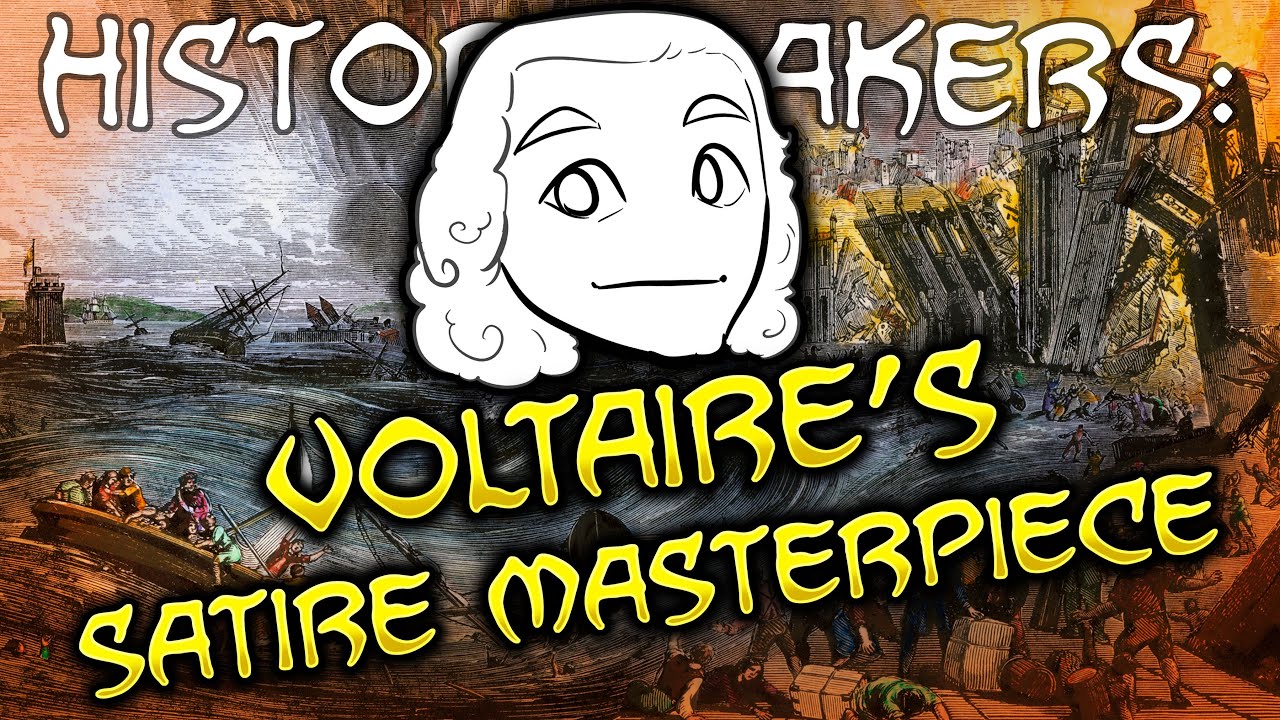
Voltaire: The Bold Thinker Who Challenged Authority
A Colorful Life and Uncommon Influence
Voltaire—a name that echoes through time, representing bold challenges to authority. Born François-Marie Arouet in 1694, he wasn’t just another writer of his era; he was a tireless advocate for civil liberties, freedom of speech, and religious tolerance. Concepts that resonate even today, don’t you think? His sharp wit and daring critiques paved the way for the Enlightenment, influencing not just literature but ideas in various fields of life. You could argue he’s got a spot right there alongside well-known figures like Mike Myers, whose humor also challenges societal norms in a way, while others, like Anita Bryant, faced their own controversies.
Quirky Facts About Voltaire
Did you know that Voltaire wrote over 20,000 letters throughout his lifetime? That’s more correspondence than many of us manage in a year! He had a talent for connecting with people digitally long before the internet made communication instantaneous. Just like how Arthur Cazauxs works make waves in our modern culture, Voltaire’s ideas ripple through history, inviting everyone to think critically about authority. And his creative side didn’t just stop with writing—he was also an avid landowner and held impressive estates. Imagine his lavish lifestyle when not penning words that could cut like a knife!
Interestingly, his love for science led him to engage with various thinkers of his time—not unlike the collaborative nature seen in today’s film industry. Think about the buzz around Mission Impossible 7, where teamwork is essential. Voltaire, in his own way, was on a mission to stir up thoughts and ideas that challenged the status quo. His infamous wit could make even a tough critic chuckle, perhaps somewhat like John Mellencamps ability to engage audiences through emotive storytelling in his music. And speaking of art, Voltaire once said that “the art of government is to make two people believe they are the same, which sounds like something Inosuke would mutter during a particularly passionate moment in anime!
Enduring Legacy
What’s even more fascinating is that Voltaire’s ideas remain relevant today; they come up in discussions on contemporary issues of justice and rights. Just as the window frame can change how we view the outside world, Voltaire opened our minds to question the “how” and “why” of authority. His belief that “all is for the best in the best of all possible worlds” has been examined and debated, much like the character arcs seen in narratives involving Isabelle Fuhrman, showcasing the complexity and growth we all aim for. In a time when authority still often goes unchallenged, Voltaire’s spirit encourages us to be bold thinkers—an enduring legacy that continues to echo in our modern discussions.
